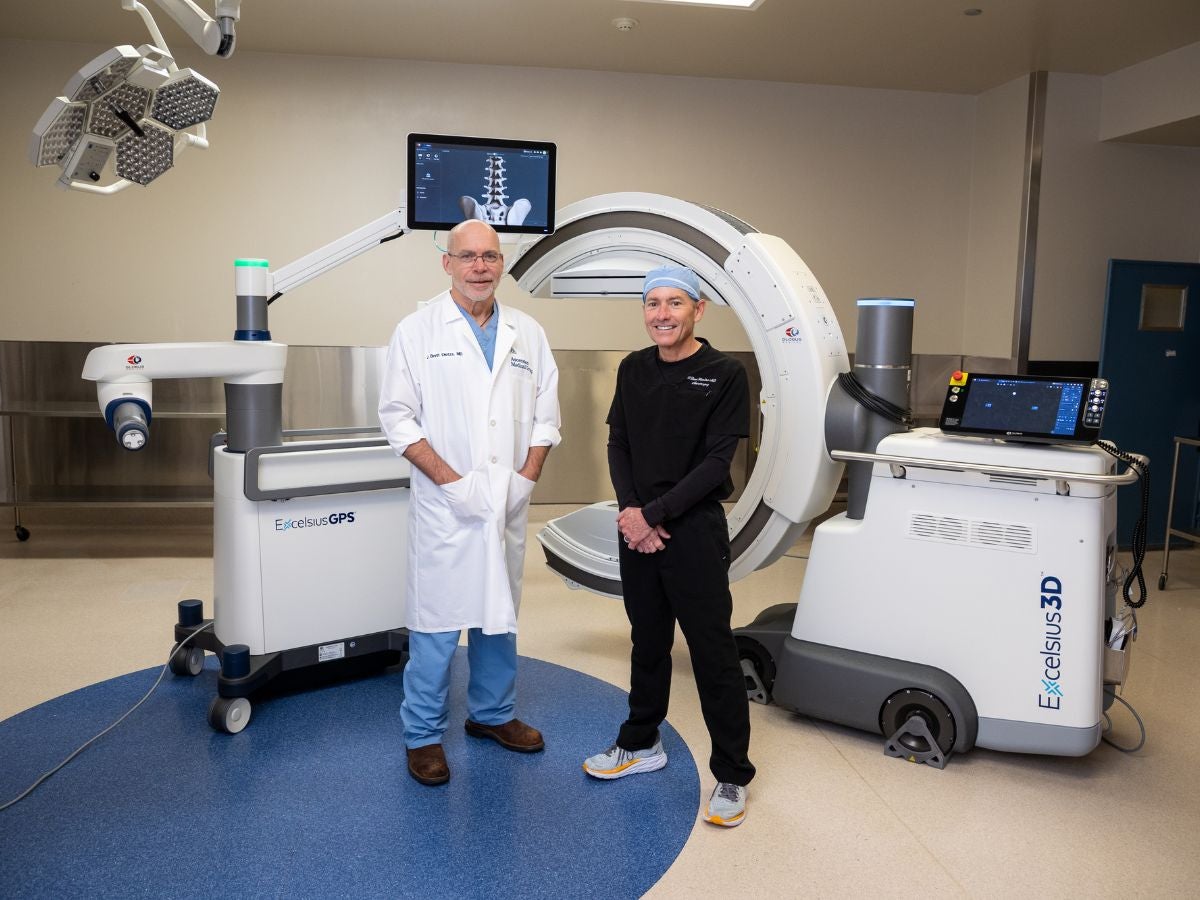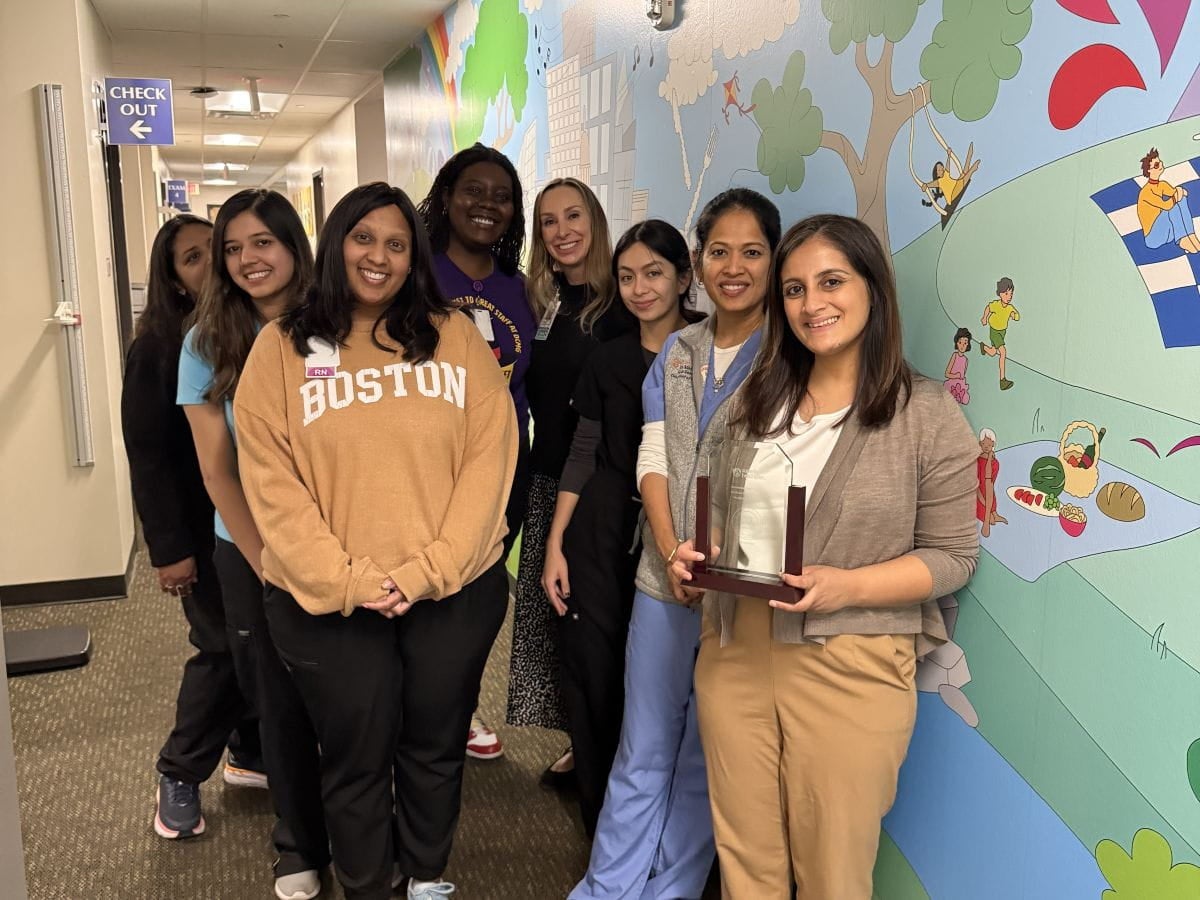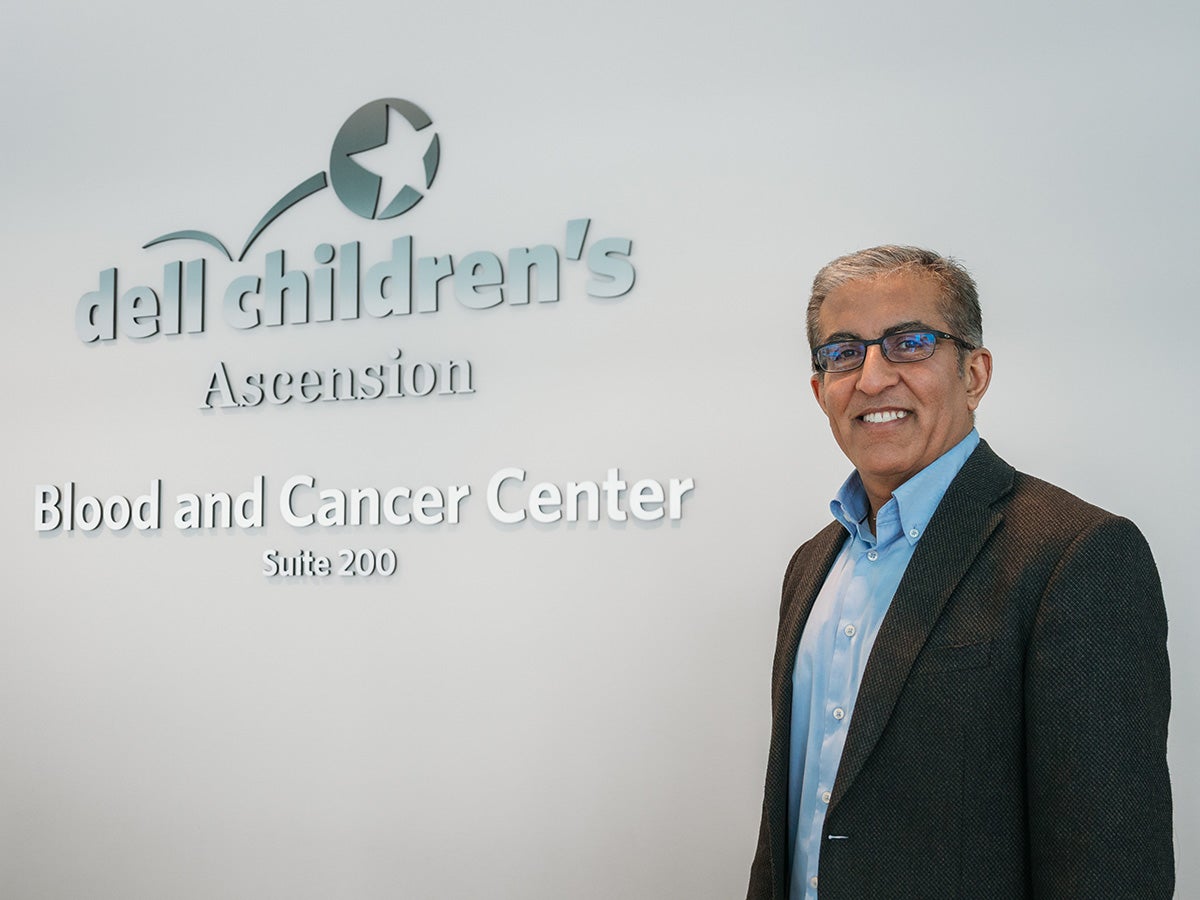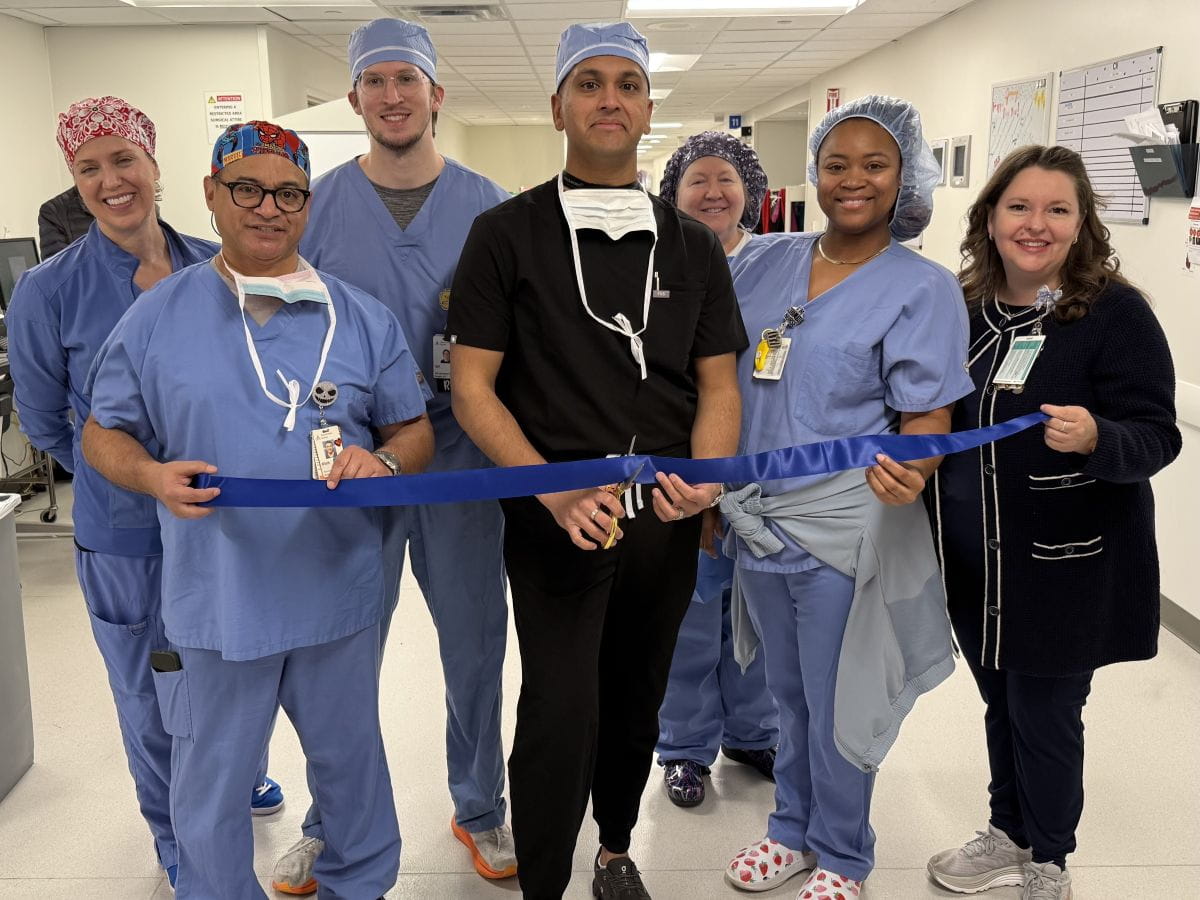Ascension Providence announced today a grant from the Ascension Providence Foundation, made possible through the generous support from the Waco community, allowing for the acquisition of the platform Globus ExcelsiusGPS™ for neurosurgical procedures. This grant marks an advancement in healthcare technology for surgical procedures in the greater Waco area and further strengthens the hospital's existing neuroscience program. Ascension Providence is the only hospital in the greater Waco area to have this technology and one of a few hospitals in the entire state. The first procedures using the platform are slated to begin in early February.
“I’m beyond grateful to our foundation, donors and the Waco community for making this investment in our hospital possible," said Philip Patterson, president of Ascension Providence. “This investment is a testament to our commitment of providing our community with high-quality care right here in Waco.The platform is designed to provide our patients with surgeries that may help shorten their hospital stay, promote faster healing and allow them to return to their daily lives.”
ExcelsiusGPS™ provides improved visualization of patient anatomy through the procedure to help optimize patient treatment. The system is designed to streamline the surgical workflow and reduce radiation exposure to surgeons and staff. This robotic navigation platform technology combines a rigid robotic arm and full navigation capabilities into one adaptable platform for accurate trajectory alignment in spine surgery, and is designed to enhance safety and improve efficiency for patients, staff and surgeons in the operating room.
“This is a proud moment for Ascension Providence and our community,” said Kent Keahey, retired Ascension Providence President and current Foundation Board Member. “Thanks to the generosity of our foundation and donors, we’re able to provide our doctors, staff and patients with new technology to enhance the care we provide. This is another example of how the people of Waco are committed to providing high-quality healthcare and keeping it close to home.”
This investment reflects the long-standing support of the Ascension Providence Foundation. Since 1993, the Providence Foundation has raised over $43 million and has worked with Waco’s generous philanthropic community to invest in the health of Central Texans by supporting Ascension Providence’s mission and ministry. They work to secure philanthropic gifts from generous benefactors to assist Ascension Providence in its pursuit of excellent and innovative healthcare. Their initiatives reflect a commitment to faith-based healthcare and the tradition of the Daughters of Charity for quality, respectful, reliable and compassionate services.




